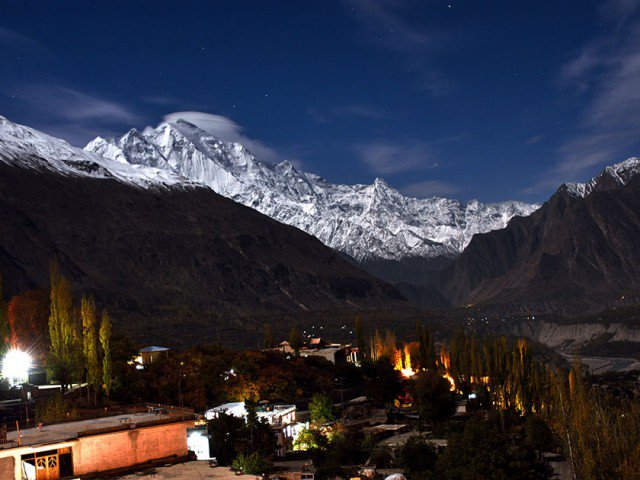
Meanwhile, the future of tourism directorate’s employees will be decided by a scrutiny committee by reviewing their performance.
According to the draft law, a copy of is available with The Express Tribune, the government will form an 11-member board led by the chief minister. The board will also include the ministers of tourism, finance, and environment, along with the chief secretary and the secretaries of the tourism and environment ministry along with the director-general of tourism. Moreover, three members from the private sector will also be appointed to the board by the chief minister for three years. These members will have expertise in the field of tourism.
The board will primarily create a five-year strategy for the tourism body of the province.
Moreover, the law envisions the creation of the K-P Culture and Tourism Authority with the provincial minister for tourism as the chairman and a director-general to run day-to-day affairs. The authority will merge all tourism, departments and institutions apart from controlling all their assets — particularly those operated by the K-P Tourism Cooperation.
The government shall create a surplus pool in the establishment department to accommodate excess employees of the directorate until their retirement. If they continue working against their existing cadres or posts, they shall continue availing their perks and privileges.
Objectives of the authority
The tourism authority will primarily work to promote, preserve and revive the culture, heritage, tradition, and values of the province through a host of efforts including hosting festivals and other tourism-related projects.
The authority shall also formulate a guideline, prescribe measures for sustainable tourism in the province and also shall work to regulate tourism products and services.
Apart from maintaining heritage sites, the body will also be responsible for preserving forests, wildlife, and biodiversity in the integrated tourism zones.
Furthermore, the body will be responsible for raising and maintaining a special tourism police wing. These special police officers — which could be exclusively recruited — will facilitate tourists, impart information about tourist destinations, manage tourist transportation system, legal assistance and provide security in designated tourist areas. They will have the power to arrest offenders.
The draft law also envisions the creation of a tourism fund. The fund will receive money from development and operation grants allocated by the provincial government apart from revenue generated from renting properties, gifts and grants from various donors and the fees charged for different licences along with penalties imposed.
The law lists strict penalties for violating its code with an Rs5 million fine and six months imprisonment which is non-bailable for violation of land use regulations in the integrated tourism zones. Moreover, an Rs5 million fine and three-month jail term have been specified for polluting. However, for littering, the fine has been set at Rs0.5 million with three months of jail time.
The authority will also register, and licence hotels, tour operators, tourism activity providers in the province to ensure facilities follow a particular operating code and standard in the tourism zones.
The authority will also have the power to acquire lands for developing resorts in tourism zones, skiing facilities, hotels and tourism-related activities while the board shall decide on any project.
Published in The Express Tribune, September 23rd, 2019.

1732102112-0/BeFunky-collage-(77)1732102112-0-165x106.webp)









COMMENTS
Comments are moderated and generally will be posted if they are on-topic and not abusive.
For more information, please see our Comments FAQ